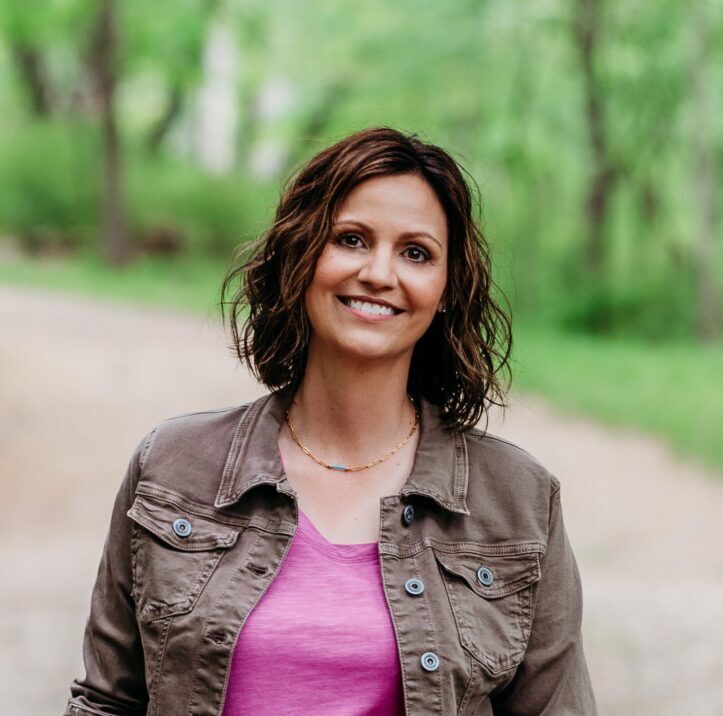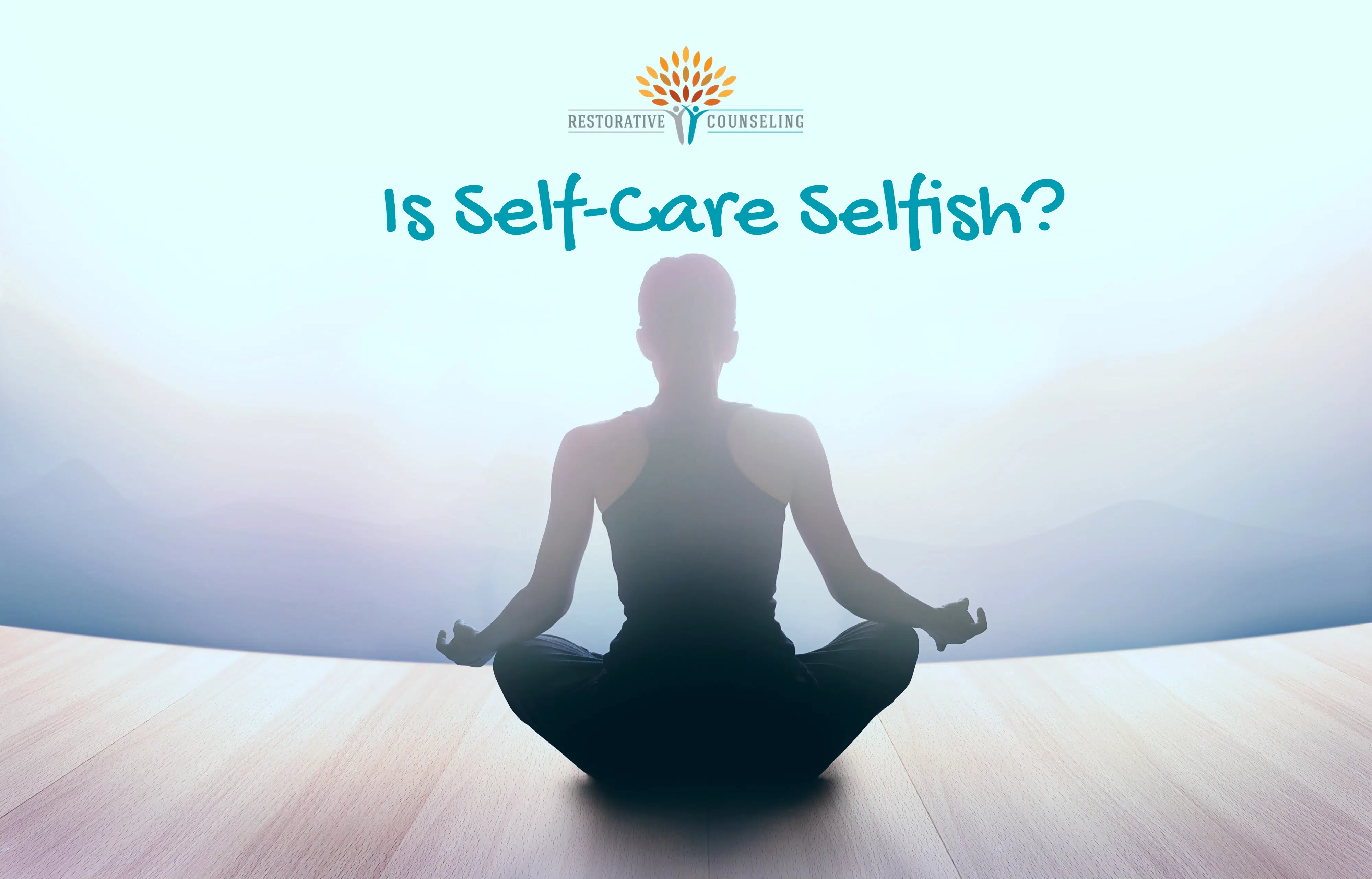Written by Stephanie Grunewald, PhD
The debate has raged on for centuries:
Is self-care selfish? Is taking care of yourself critical or conceited?
Take the case of Tanya as an example. Tanya is a mother of three who eats before her children to ensure she is calm, patient, and present when it comes time to feed her children. She sought out counseling due to feeling depressed and ashamed because her “mommy friends” tell her that she is selfish and a poor parent; her family must always come first. But is self-care selfish, or something that comes at the cost of her family coming first?
The advice of Tanya’s friends is contrary to the basic instructions provided during every airplane safety lecture: If you are traveling with a child or someone who requires assistance, secure your mask on first, and then assist the other person*.
We can support you in your journey navigating self-care
Contact Us Today
How does focusing on one’s emotional, physical, and mental needs take away from others?
To many, the second scenario is acceptable. Of course, you must ensure you live in order to help others. Why then is the first example not seen the same? Having met Tanya, I understand that she becomes short-tempered when she is hungry and jokingly indicates she could be featured in a Snickers commercial for her tendency to become “hangry”.
Why is it acceptable to place our oxygen mask on first but not to eat first? Are both not basic needs? Do both not ensure we can sustain ourselves in order to care for others?
There are a few key differentiations between self-care and selfishness:
- Self-care is about taking care of your own feelings so you do not project them onto others.
- Selfishness is having a “me, me, me” mentality in which the person consistently only thinks of their own needs and wants with little, if any, consideration for others and their needs.
- Self-care is basic to fulfilling your potential, discovering your purpose, and experiencing joy.
- While self-care allows one to be open and share with others, selfishness often leads to isolation and loneliness.
Next time you find yourself asking “is self-care selfish?”, remember these three things:
1) Self-care benefits you and everyone in your life.
Practicing self-care is a win-win! It allows you to be a better parent, partner, child, friend, professional, and colleague. As we learn better self-care, we become better people in general. Being in touch with your own needs and feelings allows you to show deeper empathy and love toward others. By filling your own emotional and physical buckets, you are providing yourselves with the necessary resources to also give to your family, friends, and the greater world in general. (My clients are all too familiar with me telling them that they must fill their bucket first if they wish to have anything to give to others!)
Tending to your needs might make you more available to have a difficult conversation with your spouse, rather than feeling drained and easily angered. You might be more open to your child’s request to read a story, rather than feeling annoyed by the imposition after a dreadful day. By practicing self-care BEFORE these types of discussions you will have a much greater chance of being productive with desired results. Making yourself a priority allows you to be available to the priorities of those who matter most.
“Love yourself first, and everything else falls in line. You really have to love yourself to get anything done in this world. ” – Lucille Ball
2) Self-care is done with the intention of caring for yourself, not with the intention to harm or take from others.
Being selfish means there’s a desire to take from others, often to their detriment. However, self-care is about replenishing your resources without depleting someone else’s. Self-care is a means of restoring your own energy, which promotes healthy physical and emotional well-being. In doing this for yourself, you are also modeling healthy behavior for others. Being in touch with our your own emotional state and embracing your feelings is one of the healthiest things you can do for yourself and everyone else.
“It’s not selfish to love yourself, take care of yourself, and to make your happiness a priority. It’s necessary. ” – Mandy Hale
3) Self-care builds strength.
Self-care involves setting boundaries so you don’t expend all of your personal energy taking care of everyone but yourself. When you constantly focus on others, resentment often builds. You might find the small things you once loved doing now feeling like an overwhelming burden. No one explicitly asks for their needs to be prioritized, which can lead to feeling like a martyr and feeling unappreciated with efforts unnoticed. This is when it is important to remember that you must give yourself permission to take the time you need for YOU!
Once you become comfortable in making yourself a priority, you will notice an increase in your own security. It reinforces that you can take care of yourself and, in doing so, also take care of others. Self-care promotes a sense of well-being that follows making yourself a priority.
“Self-care is never a selfish act—it is simply good stewardship of the only gift I have, the gift I was put on earth to offer to others.” ~ Parker Palmer
After working with Tanya, she has come to see how taking small breaks for herself and ensuring her basic needs are met actually makes her a great mother. She is demonstrating self-worth to her children, which is something she hopes they will also demonstrate. She finds herself being able to manage her emotional reactions to everyday stressors in a better and more productive way. Although her approach may be difficult to understand for some, it allows her to not succumb to the judgment of others and, instead, requires she focuses on her own internal state.

Hello! I’m Stephanie.
I help adults identify strengths and learn strategies to manage stress, deal with life transitions, and overcome anxiety. Read more about me.
Follow Restorative Counseling
Sign up for our newsletter

